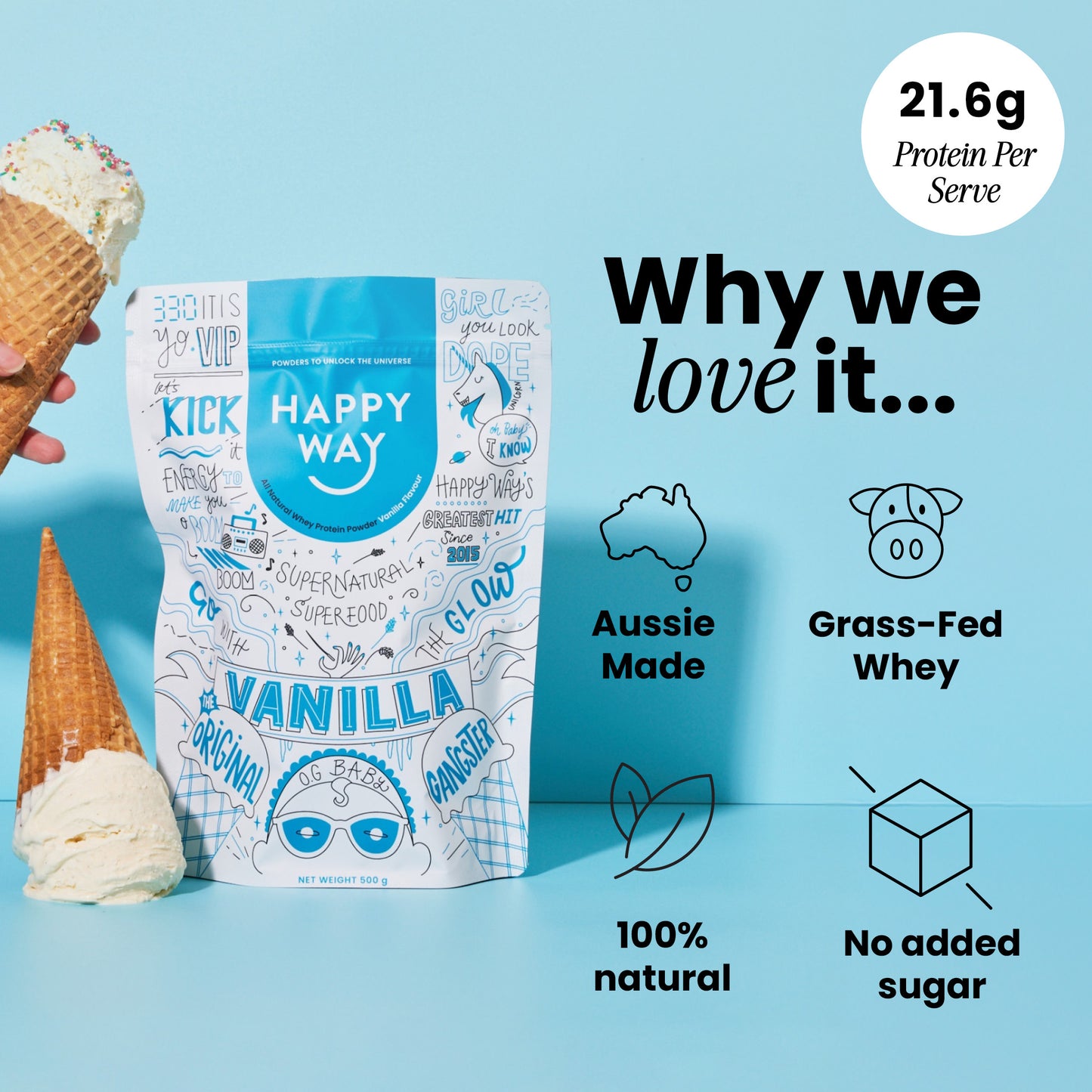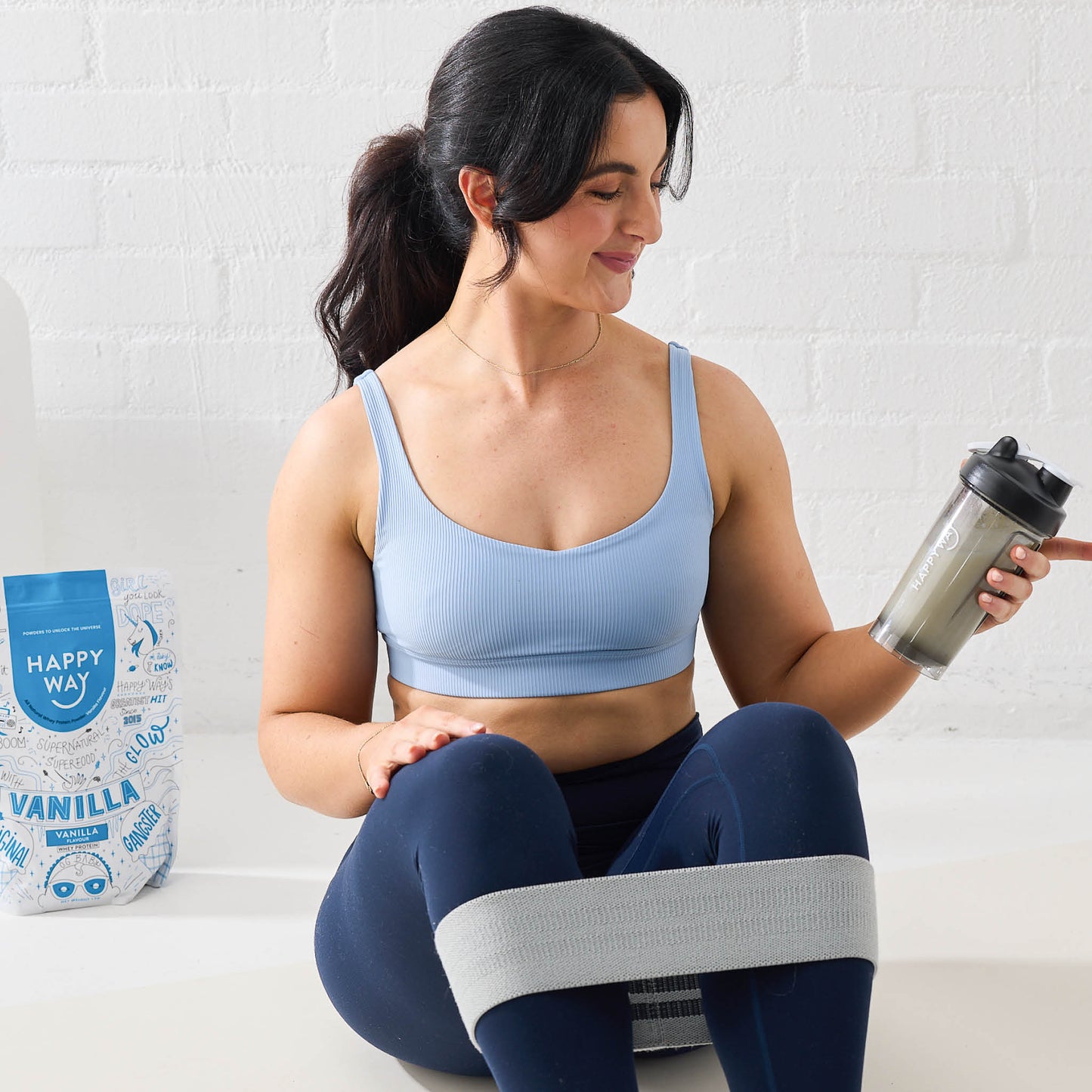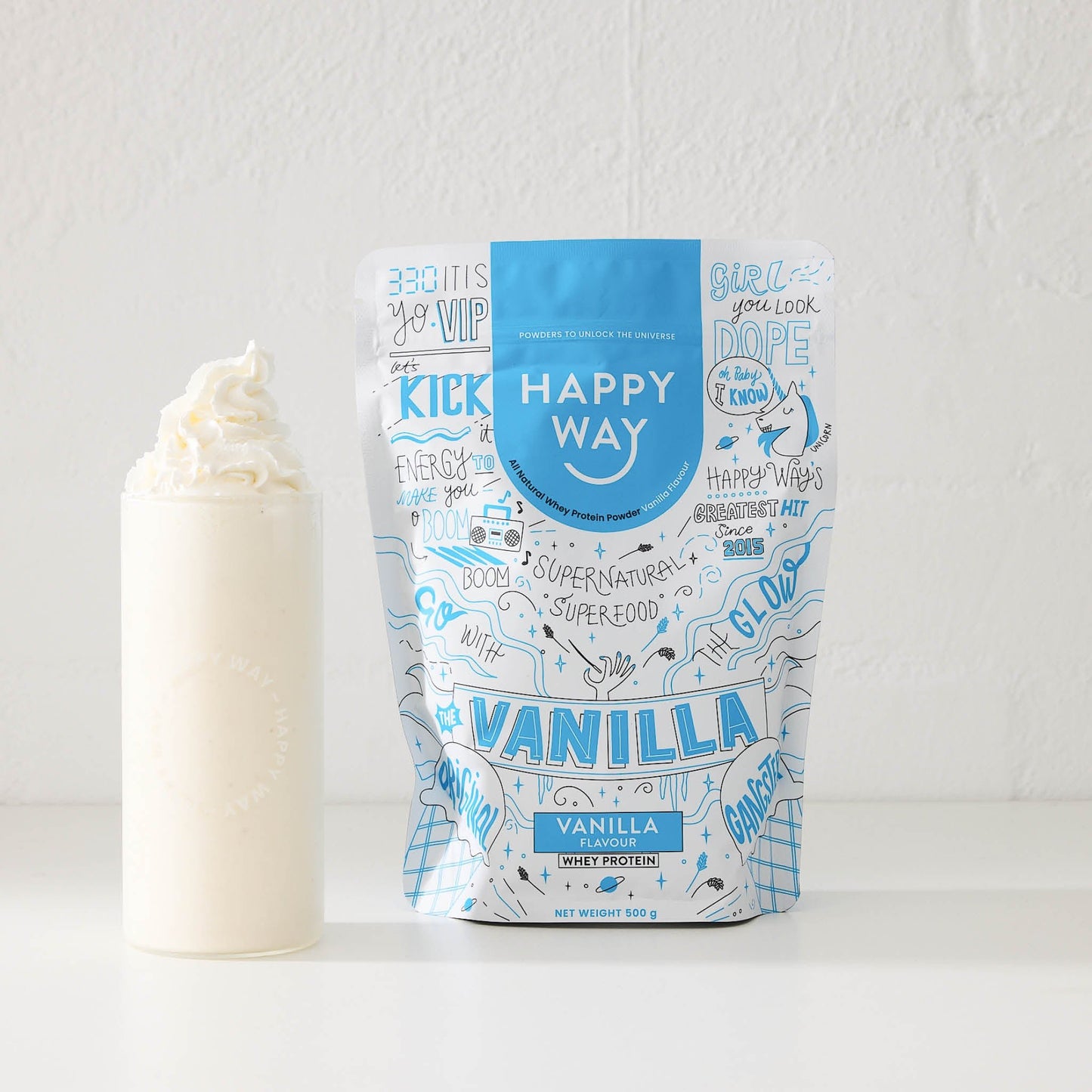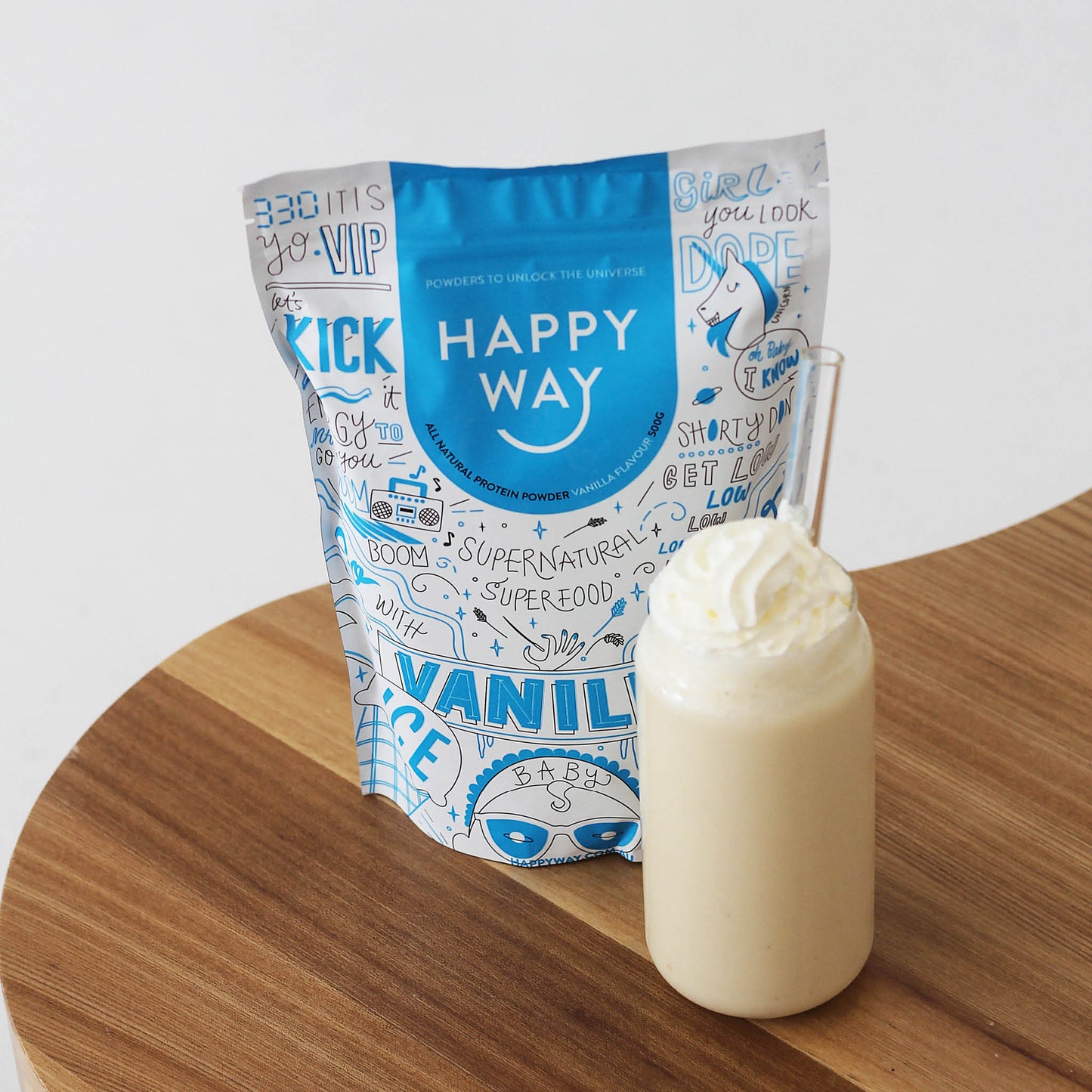Here is the truth. Like many of us, my relationship with food has been based on a dichotomy between calorie counting and indulging. All of which has more often than not been dictated by lack of sleep, relationship woes, work highs and lows and has all been wrapped into a nice little bundle of subconscious decision making followed by a nice dose of self loathing. You know what we’re referring to, all those times you have reached for your fifth Tim Tam only to realise you don’t even remember eating the first four nor did you need them. But here is the good news; you don’t have to have a love-hate relationship with food. If you work to reconnect with the very raw reason we eat, which is to nourish our bodies and out of necessity, you will never have to calorie count again. More importantly you will stop the cycle of punishing yourself with food.

Ask yourself are you hungry or bored?
How many times have you reached for your third protein ball for the day out of boredom rather than necessity? The truth is that at Happy Way HQ, the temptation is always too real. With a test kitchen located at our head office, there is always a delicious and healthy treat within reach. However, no matter what kind of snack you are reaching for, if your goal is to lose weight, a calorie deficit is key. It doesn’t matter how much effort you put in to eat clean or to go to the gym, if you are reaching for a snack every time you are stressed, bored, sad, frustrated or tired, your weight loss or weight management journey will be much harder. Yet telling yourself you SHOULDN’T eat something as opposed to deciding you DON’T NEED TO will change your relationship with food.
Next time you reach for a snack or feel like ordering from UberEats why don’t you try asking yourself these questions instead each time.
- What is my emotional state at the moment? Am I stressed, sad, tired, frustrated or feeling a bit low?
- How will this food benefit me? Will it provide my body with nutrients, vitamins and minerals or empty calories?
- How will I feel after consuming this food?
- Am I hungry or am I really just thirsty?

Reconnect with your food…
Unless you live on a farm or work in the hospitality industry preparing decedent meals for the rest of us to enjoy, the truth is that many of us have become disconnected with our food. With busy lifestyles on the increase and many of us reaching for pre-packaged options, the reality is that we don’t stop to consider where our ingredients have come from and the wider picture. Mindful eating begins with reconnecting with the source of our food and all the resources and people that it has taken to put a particular plate of food on our table.
A change in this attitude begins during the shopping (or once referred to as gathering) stage of our food cycle. Rather than walking down each isle in an all too common zombie state we have all become accustomed to, spend the time to really research and get to know your produce and ingredients. This could be as simple as looking into where you fresh fruits and vegetables have come from and opting to support local farmers. It means reading the back of your food packets to see if the ingredients serve you, are wholesome, clean and worth eating. It means stopping to smell, feel and connect with your produce like your nanna once used to do at the local markets.
Once you begin to appreciate all the resources and work that goes into the ingredients you are buying, you will begin to view food as a source of gratitude rather than a source of stress. This will also empower you to make better decisions with your food shopping. It might start with small changes such as opting for cleaner ingredients and may grow into supporting your local suppliers. You may even begin to make more environmentally friendly choices all of which will work to change your attitude with food.
Really taste your food
When was the last time you really stopped to savour your food? The truth is that when we eat, the majority of us are on autopilot. We are either too busy scrolling though our Instagram feeds, rushing between meetings, watching TV or sitting at our work desk. In fact, even when we are out to dinner with friends, we are more busy talking, drinking and enjoying our company than we are relishing in our meal. What this often means is that we don’t register just how much food we are consuming and whether we are full on not before we have over eaten. In doing so, we don’t allow our brain to register just how much we have eaten and to send us a “full” signal before we overeat.
So what can you do to go back to basics of enjoying food? Next time you sit down to eat try to reconnect with your surroundings. Find a place to eat where you can sit down and really connect with your food rather than external stimuli. More often than not, this will mean sitting down at your dining table to eat or the office cafeteria. Not at your desk, on your couch or in your car.
Next, try to really think about the flavour of your food during each bite. Think about the words you would use to describe the flavour and the texture. Focus on the consistency and the taste that lingers on your palate after you have finished your bite. If it’s a whole food you’re about to snack on like an apple, feel the outside of the fruit, smell it and consider how grateful you are to be able to eat it before you have your first mouthful. All of these steps will allow you to reconnect with your food, to make better decisions on portion size and to listen to your body’s cues on just how much you should be consuming.

Consider how that food made you feel
Mindful eating doesn’t stop after you have finished your meal. A trick to making better food decisions is reflecting on how certain foods make you feel. If you have just had a protein shake, consider how that made you feel. Was it energized and empowered or hungry and flat? Consider whether some foods keep you feeling fuller for longer or whether they leave you feeling hungry within a few hours. An easy way to track this is with a food journal, which will allow you to reflect on the food choices you have made throughout the day and how these choices served you. If you chose to eat three biscuits for lunch, rather than punishing yourself and throwing out your healthy eating altogether, why not reflect on how that made you feel instead. Rather than punishing yourself, learn from your choices and move on.
Always remember to say thank you
At the end of every meal, thank your food for nourishing your body, giving you energy and satisfying your hunger needs. When you learn to love food rather than look at it as a source of stress and resentment, you will learn to love your health and wellness journey more.












